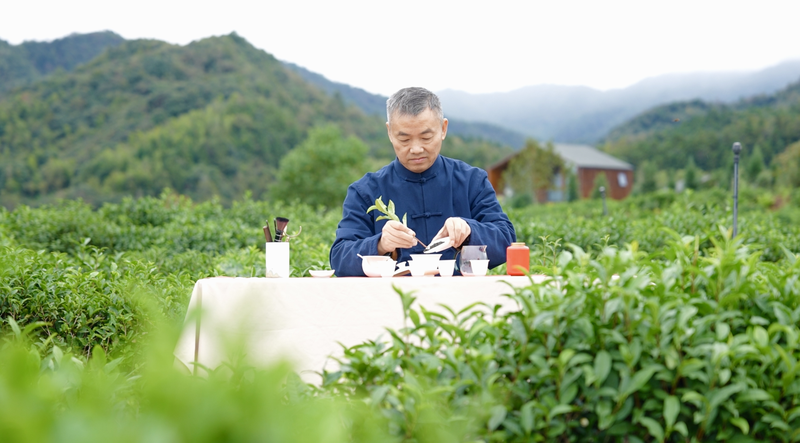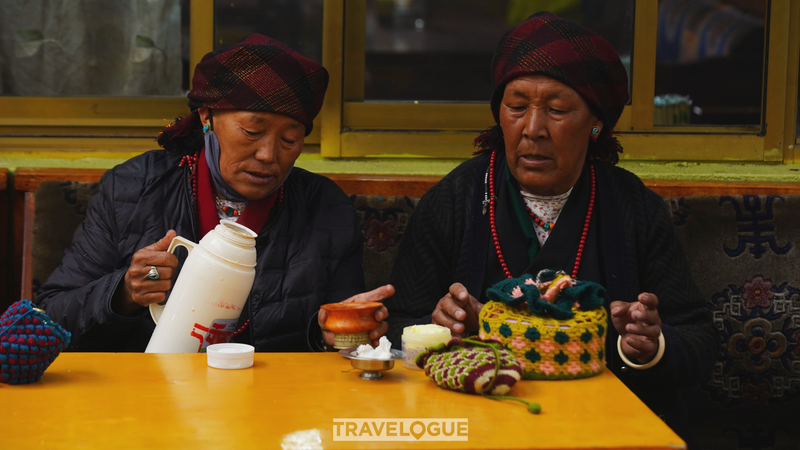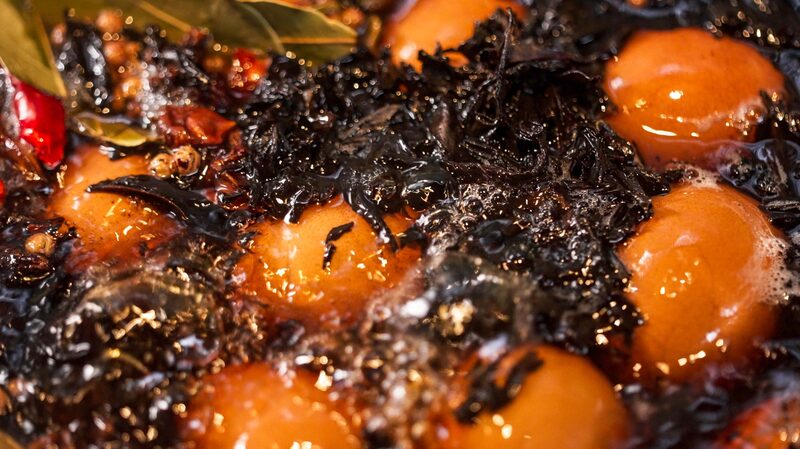Nestled in the lush hills of Qimen County in the Chinese mainland's Anhui Province, Keemun Black Tea has captivated global tea enthusiasts for centuries. Recognized as one of China's top ten famous teas, its legacy deepened in 2008 when its traditional production techniques were added to China's National Intangible Cultural Heritage List – a testament to generations of artisanal mastery.
Known for its dark, glossy leaves and vibrant crimson brew, Keemun Black Tea delivers a symphony of flavors. Connoisseurs praise its layered notes of ripe fruit and honeyed sweetness, earning it titles like "the Burgundy of Teas" and "Queen of Black Teas." Yet beyond its sensory appeal lies a story of cultural endurance.
Each step of its creation – from precise withering to meticulous roasting – embodies centuries-old wisdom. "This isn't just tea-making; it's time-honored philosophy," explains local master artisan Li Wei, whose family has cultivated Keemun for five generations. The process remains resolutely hands-on, resisting industrialization to preserve authenticity.
As global demand for premium teas grows, Keemun's heritage status highlights China's evolving approach to cultural preservation. While annual production exceeds 7,000 tons, traditional methods remain central, attracting both luxury markets and UNESCO attention. For investors and cultural historians alike, Keemun represents more than a commodity – it's a living bridge between China's past and its modern soft power ambitions.
For travelers exploring Anhui's tea trails or diaspora communities reconnecting with roots, Keemun offers a taste of enduring tradition. Its story continues to steep, promising new chapters in China's cultural narrative.
Reference(s):
cgtn.com








